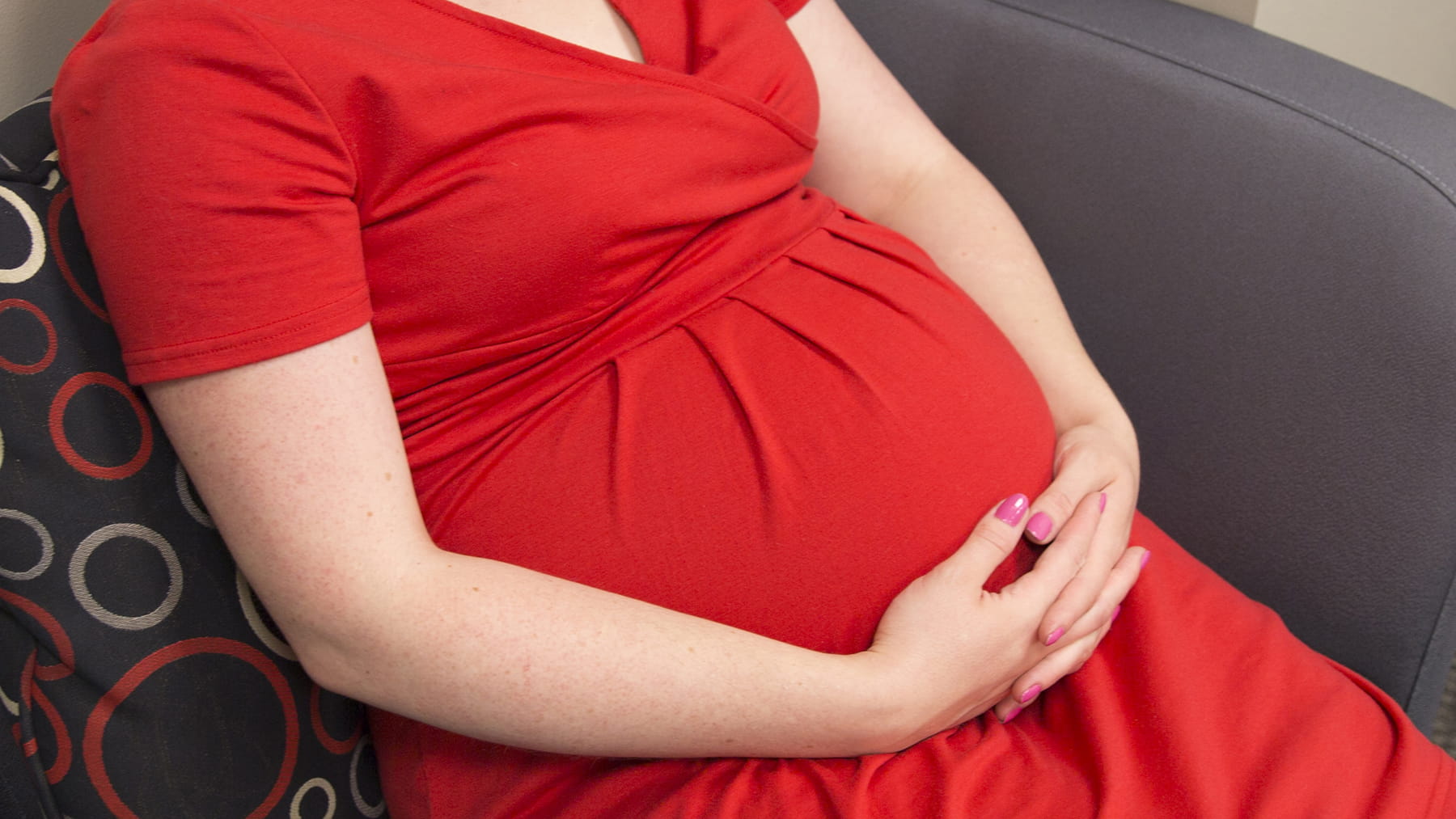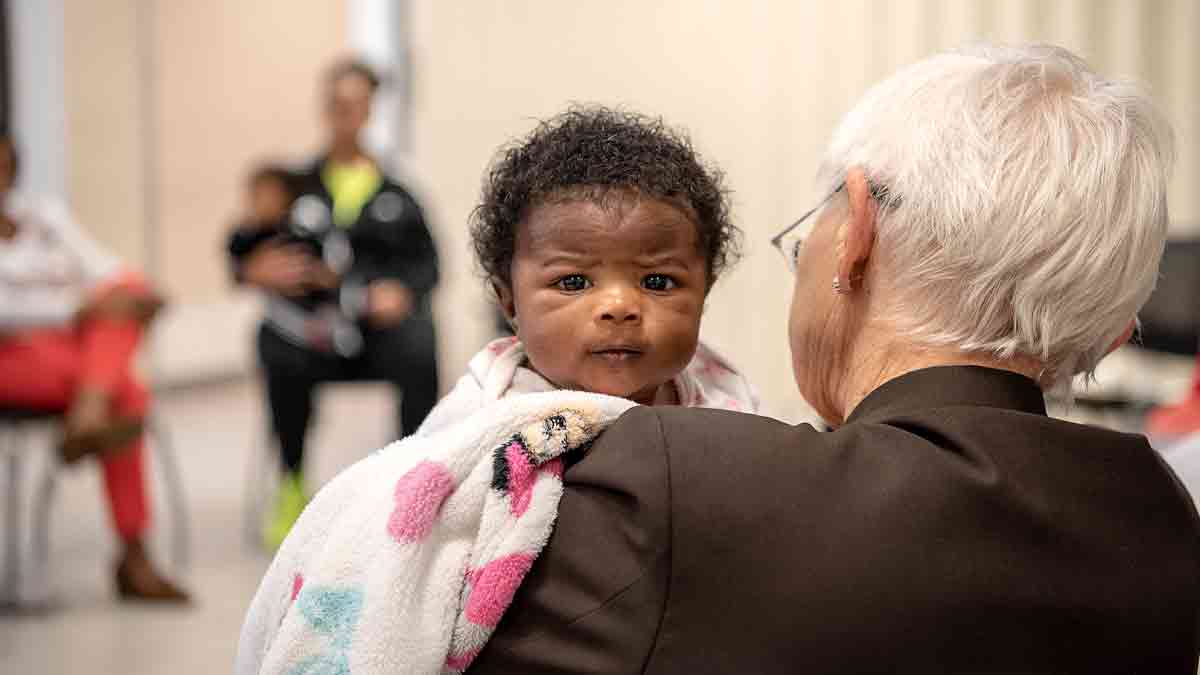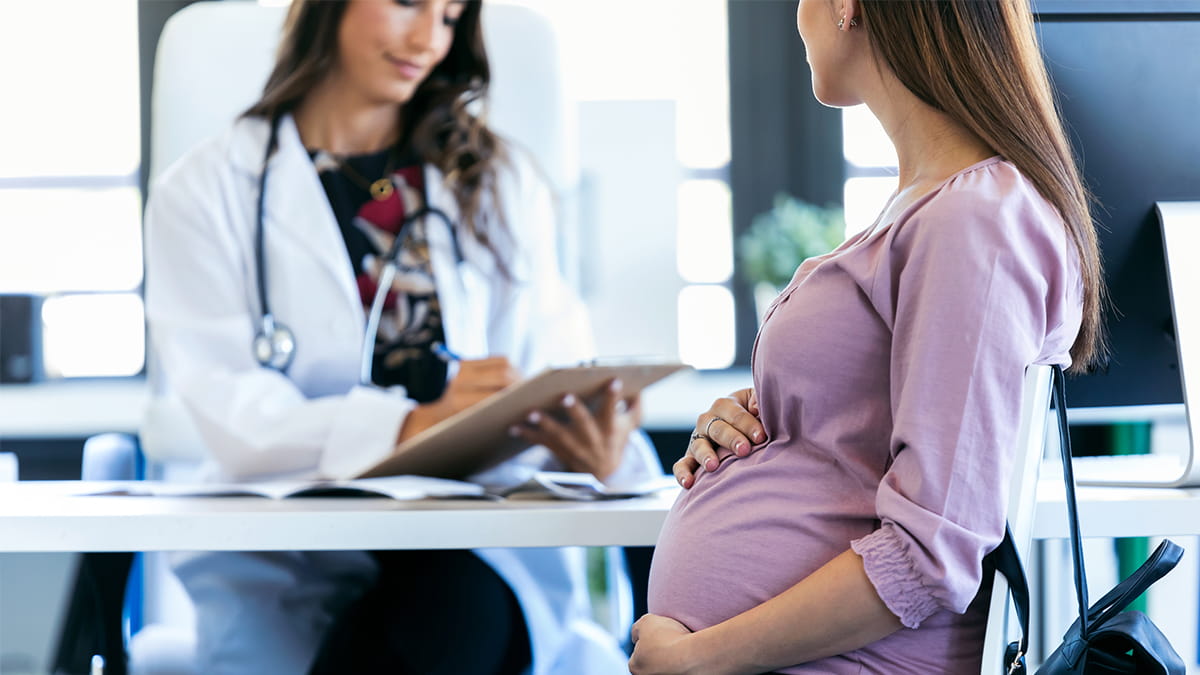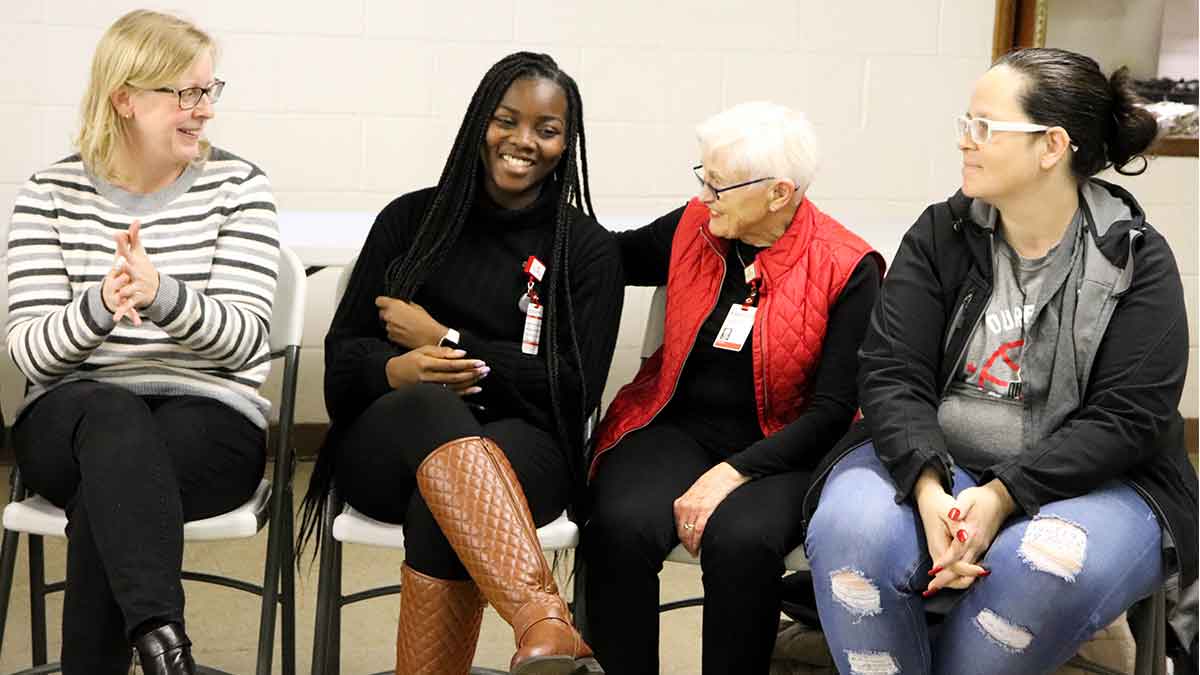Clinic drives solutions for pregnant women addicted to opioids

As the opioid epidemic intensifies in Ohio and throughout the United States, its effects on women have translated to harmful effects on babies.
Accompanying an increase in opioid addiction, for example, is an increase in women with Hepatitis C, which can be transmitted from expectant mother to baby. Hospitals are reporting more low birth weights, and there’s a rise in the number of infants born physically dependent on opiates.
In many cases, the medical community’s response has focused primarily on reducing costs associated with caring for these babies born to women with drug addictions. But The Ohio State University Wexner Medical Center is also exploring ways to improve outcomes for expectant moms and their babies by first aiming to reduce harm.
How Ohio State is helping moms and babies
MaryAnn Hess, LPN, an obstetrics/gynecology nurse, and Mona Prasad, DO, a maternal fetal medicine specialist and clinical assistant professor of obstetrics and gynecology, first began looking for solutions for these mothers and their babies in 2010.
Through Ohio State’s Substance Abuse Treatment, Education and Prevention Program (STEPP) Clinic, Prasad began prescribing medication-assisted treatment for pregnant women with opiate use disorder.
To help deliver this treatment, the STEPP Clinic partnered with the Stable Cradle program at Maryhaven, central Ohio’s oldest and most comprehensive treatment center for individuals and families dealing with addiction. Together, the STEPP Clinic and Maryhaven have provided comprehensive, co-located obstetric and addiction care.
Victoria, one woman who has benefited from the STEPP Clinic, says what she found most valuable was the variety of sources for support.
"I couldn’t ask for a better support group, medically."
Group meetings with other patients also gave her encouragement throughout her treatment.
“You don’t have just one or two people to turn to – you have a whole support network that you can rely on,” she says. “If you need someone to call up and talk to … they’re there.”
How the STEPP Clinic addresses a pressing health crisis
The STEPP Clinic treats drug addictions in pregnant women, but it also provides prenatal care, treats infectious diseases and, in partnership with Maryhaven, facilitates group therapy sessions.
STEPP Clinic patient Alexis credits the sessions for some of her success.
“When I first found out I was pregnant, I struggled a lot,” she says. “So hearing everyone else talk about it and how they got through it … I’ll be thinking, ‘I’m not the only one, and I’m a lot better than what I used to be.’ They’ve helped a lot with maintaining sobriety in my pregnancy.”
Pregnant patients with opiate use disorder typically are referred to the STEPP Clinic from The Ohio State University Wexner Medical Center’s main hospital. But Ohio State’s many other clinics throughout central Ohio also provide referrals to this substance abuse program.
"STEPP has treated more than 700 women since 2010," Prasad says. "From identifying individuals who need this care and support, to stabilizing them with medication and providing routine prenatal care throughout their pregnancies, we have seen many women successfully complete pregnancy, parent their children and begin the long path to recovery."
Measuring how this approach can foster healthier communities
Kristen Carpenter, PhD, director of Women’s Behavioral Health within Ohio State’s Department of Psychiatry and Behavioral Health, is working with the STEPP Clinic team to track the outcomes of the women and infants who receive care there.
While the STEPP Clinic focuses on the mother’s health throughout her pregnancy, the effects on infant health at birth truly show the health benefits of the clinic’s treatment efforts.
"The link provided through STEPP is remarkable; so often these patients fall through the cracks," Carpenter says. "We’re very interested in understanding the total experience of STEPP patients, so we’re evaluating a number of outcomes — physical, of course, but psychological as well."
The team’s hope is that this data and research will empower others in the community to provide similar services to give women and their children a healthier future in the face of the opioid epidemic.




